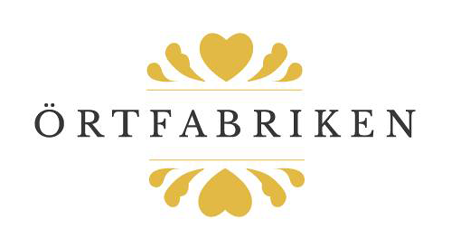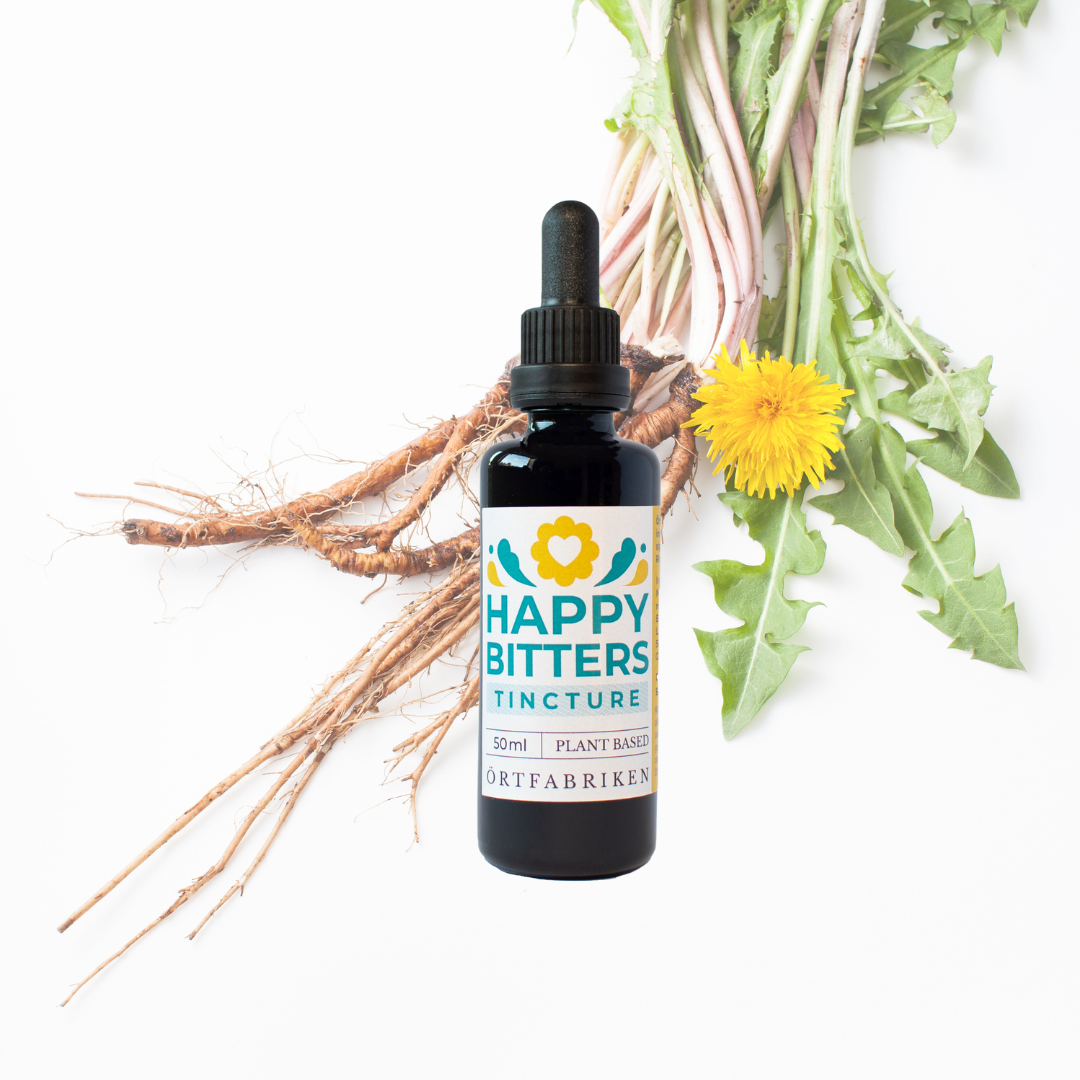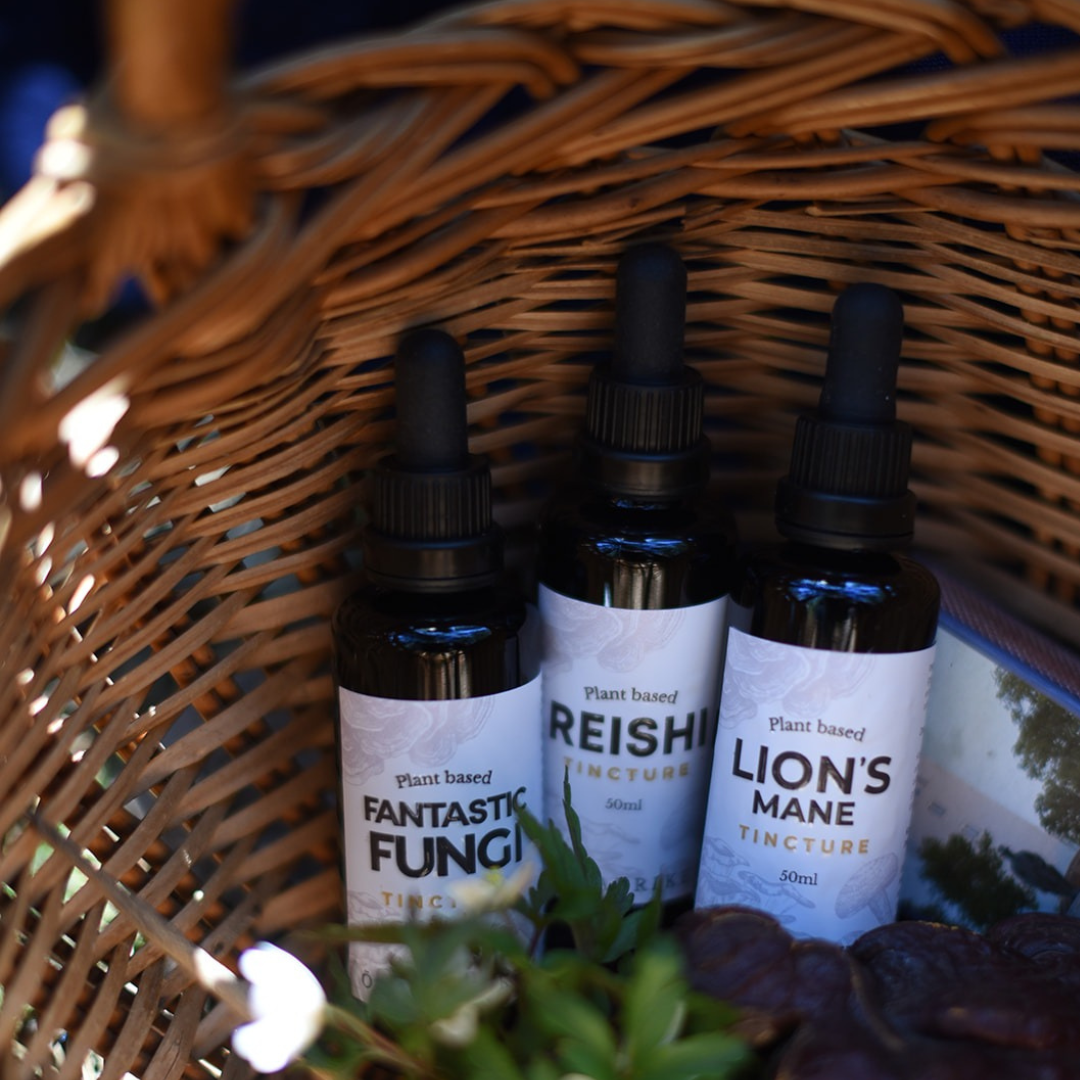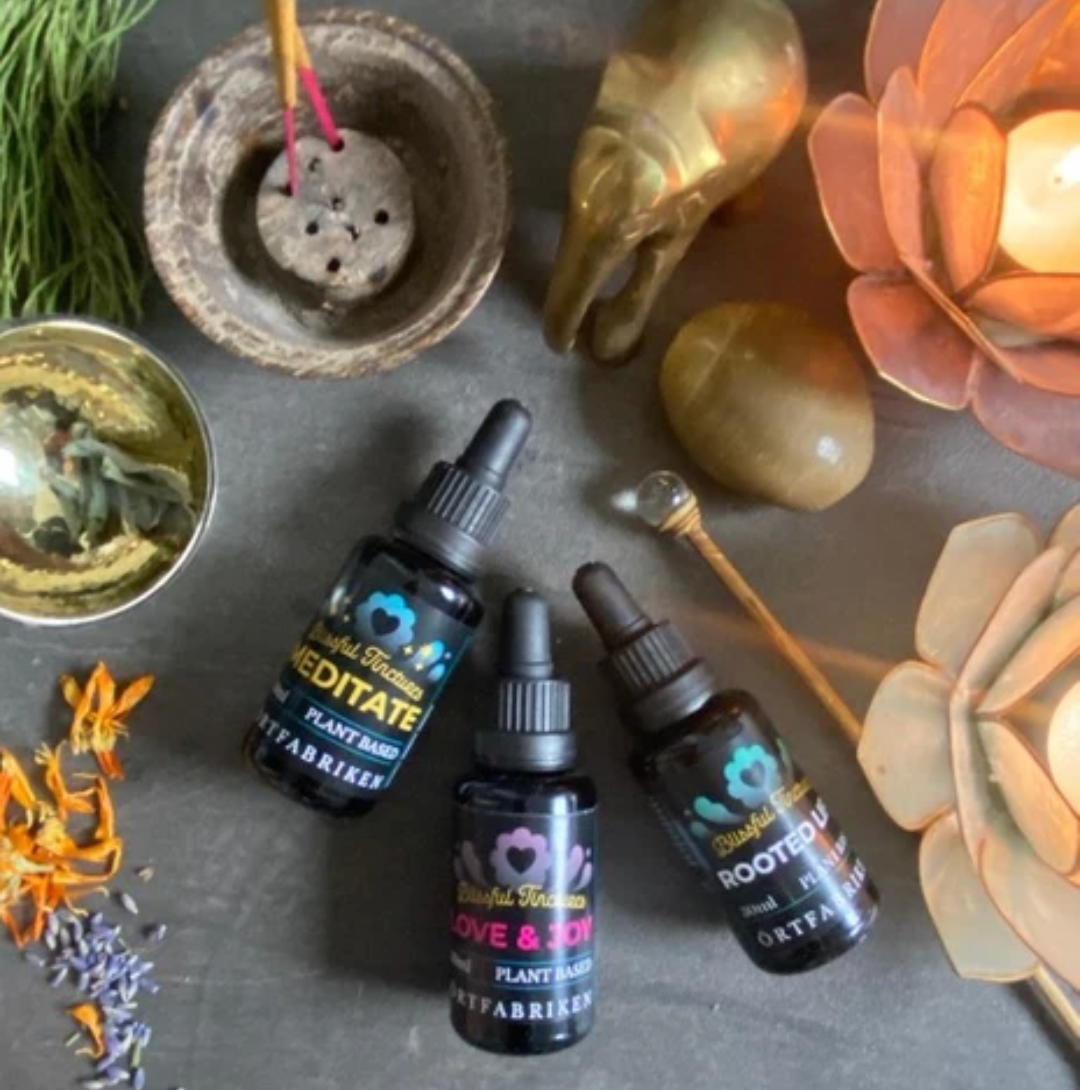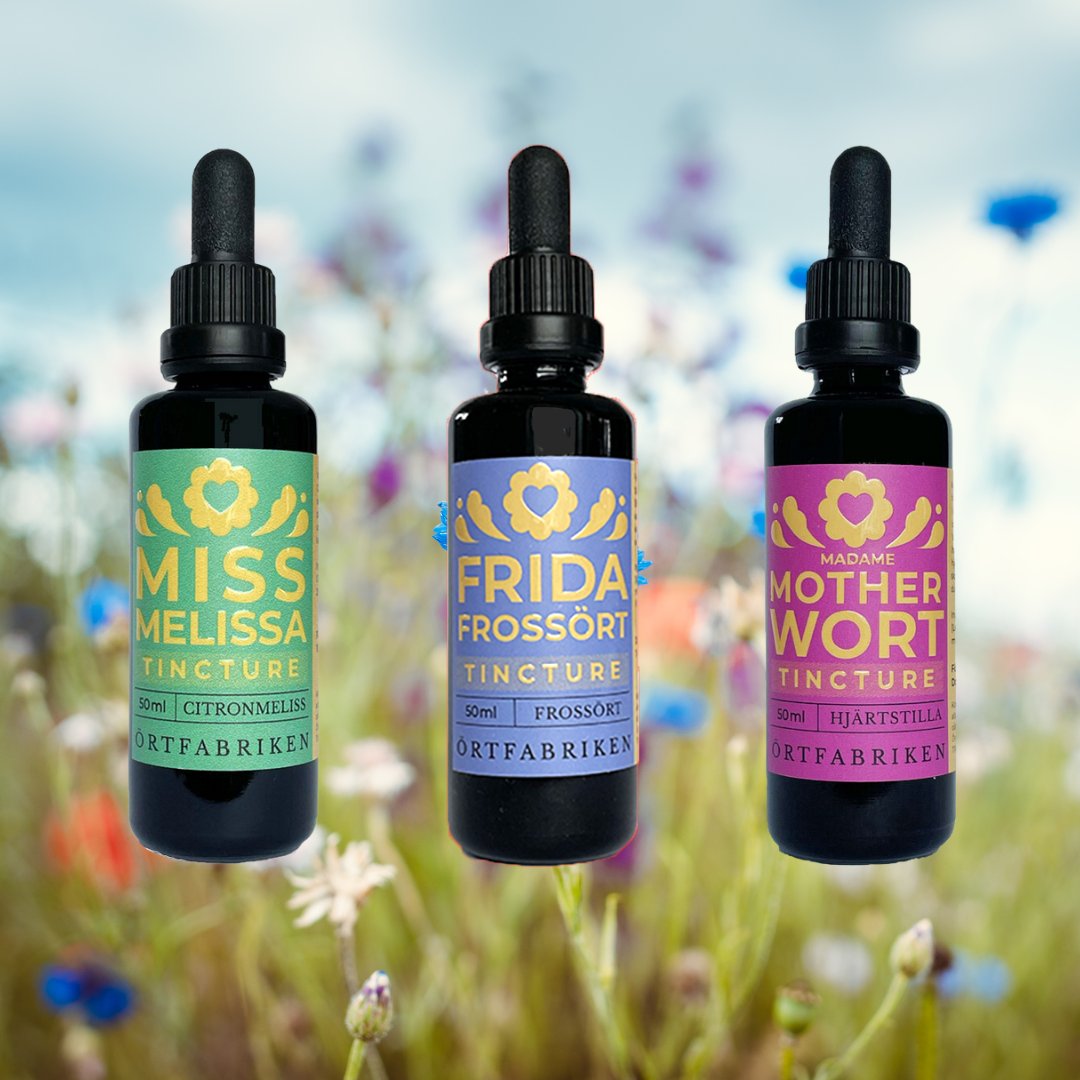Edible algae, seaweed and seaweed | Tips for those who want to learn more!
Dela med en vän ♡
Here are some great tips for those who want to delve deeper into the subject. Edible algae (it is more correct to use the term seaweed or seaweed, but I am writing algae here for simplicity) is a fantastic way to add nutrition to everyday life and can be used as a gentler dietary supplement to provide the body with, for example, iodine.
For my part, I had used algae such as Spirulina and Chlorella earlier in my life, but it was through the thyroid that I found other seaweeds. I had long researched alternative ways to support my thyroid and wanted to know more about iodine. About 20 years ago, the general recommendation was NOT to supplement iodine for hypothyroidism (underactive thyroid). More recently, this has been revised. There are many sources that believe that you really need to supplement iodine for hypothyroidism.
But how to best supply iodine? It is quite tough to supply it in pure form internally. There are groups online that suggest high doses of iodine in liquid form internally. Others play it safe and dose iodine externally, on the skin. Algae sounded much gentler and better! A nutritious source in the form of food, where iodine is included as part of other nutrients.
I found specific information about the thyroid on Fucus Ma n . Ryan Drum is a fantastic herbalist and seaweed lover. He is no longer active on the site, but the material is still available. He writes in depth about algae such as kelp, what kelp is good for and what kelp contains. You get an understanding of which algae contain the most iodine and how you can think about dosage. He has written several interesting articles about the cause of thyroid problems and how you can work with algae to support your thyroid.
The Paleo Mum has written a lot about algae and nutrition. She describes why it is beneficial to eat algae and which algae you can eat. For example, we learn more about the difference between kelp and wakame. That there are big differences in the amount of iodine they contain. She writes from a broader perspective, but has included topics such as autoimmunity.
There are several Swedish writers and companies that promote algae as a source of nutrition. For example, Linnea Sjögren , who has published the book Plocka tång och strandväxter . It includes recipes!
We will probably see a lot more books, podcasts and blogs about algae in the future! We will definitely start using more algae in our cooking. Do you agree?

